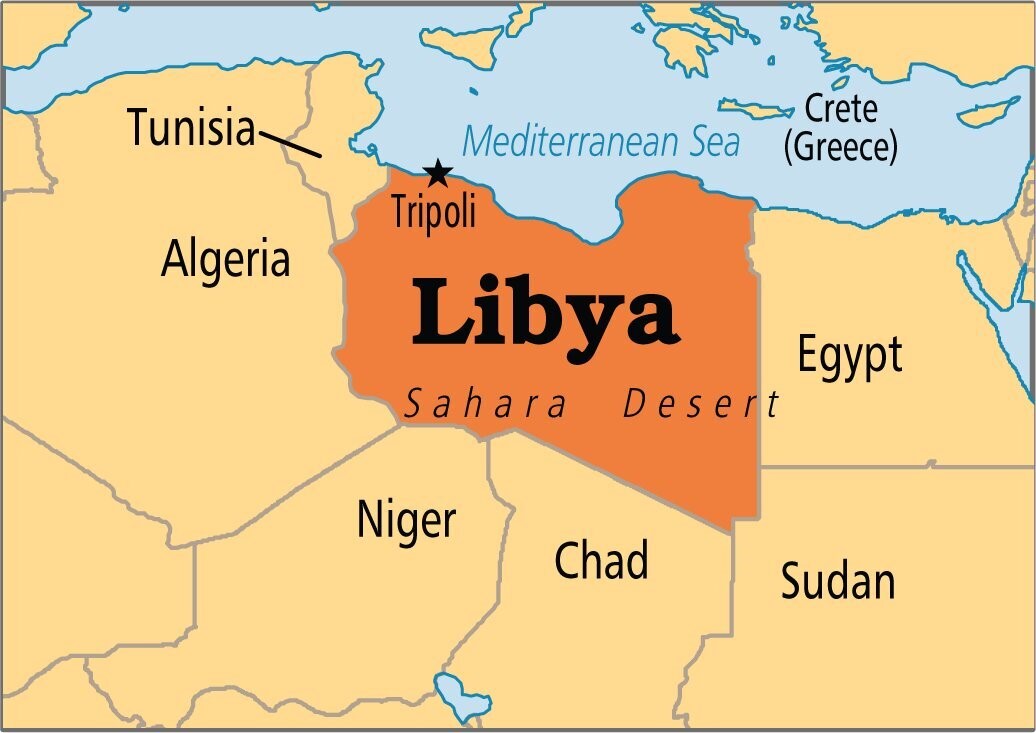Free Courses Sale ends Soon, Get It Now


Free Courses Sale ends Soon, Get It Now



Disclaimer: Copyright infringement not intended.
Context
About Libya
Geography and Borders
Capital and Major Cities
Historical Significance
Colonial Influence and Independence
Gaddafi Era
Arab Spring and Civil Unrest
Post-Gaddafi Challenges
Economy and Oil
Cultural Diversity
The International Organisation for Migration (IOM):
|
PRACTICE QUESTION Examine the multifaceted dimensions of the Libya migration crisis, considering its historical roots, geopolitical implications, and the humanitarian challenges involved. Evaluate the role of international actors and organizations in addressing the crisis and propose sustainable strategies for mitigating the immediate and long-term effects on the affected populations and the global community. |
© 2024 iasgyan. All right reserved